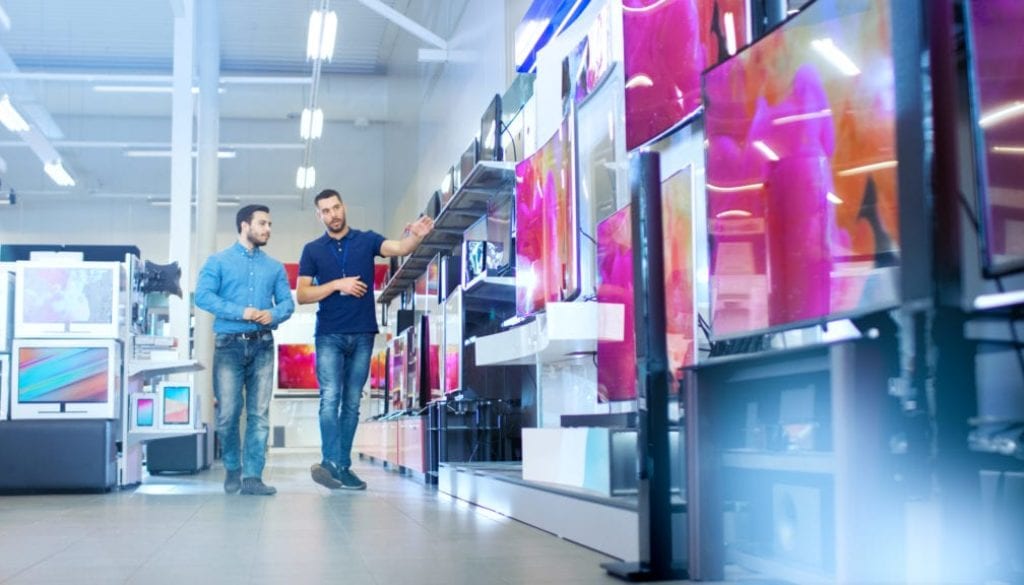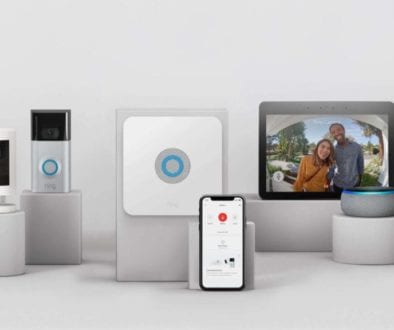Don’t Blindly Trust Any Brand.
We’ve all said it before. Oh that’s a Samsung. That must be a very nice TV. Or we’ve heard someone say those are Klipsch speakers. They must sound great.
Most electronics and appliance manufacturers are banking on their customers blindly trusting their brand. There are a few exceptions like apple, but for the most part, all manufacturers make really good, mediocre and bad products. Even the ones that start out making only mediocre to good products usually bow to the pressure of making something cheap so they can appeal to everyone’s budget and sell more products.
My father was the type of consumer that these strategies were pointed directly at. He hardly ever researched the quality or longevity of anything he bought. He simply had a preconceived price that any item should be and, regardless of how high the quality of the item was, if it exceeded that dollar amount he would not buy it. I witnessed him buy DVD player after DVD player and stereo after stereo, all as a result of his cheapness. And he seemed to be OK with that and companies like TEAC and Kenwood and Sanyo (all of whom, not surprisingly, are no longer in business) were happy to manufacture crap and sell it to people like him. Over and over again.
I on the other hand like to look at a purchase through a binary lens. The first question should not be how much does it cost? It should instead be how good a product is it. The first question that most people don’t even ask is. “What am I getting in return for what I’m spending for the item? If I told you that I had a TV that cost $50,000 but that it would last for 50 years would you buy it? What about a car that cost $200,000 but lasted 60 years?
I, like many of my successful clients, am happy to pay more up front to buy something of quality that will last longer and will not need to be replaced over and over again. So the next time you shop for a TV or a computer or a stove or any other consumer electronics or appliances ask yourself a couple of questions.
- What are the user reviews on this specific item?
- What is the item’s longevity?
- How much will it cost to maintain and upgrade this item over its useful life?
- How energy efficient is it?
And if these questions have satisfactory answers then start thinking about the price. Don’t just say to yourself, “Oh that’s a Samsung refrigerator so it must be great.” I can guarantee you there are plenty of large corporations just waiting for someone to come along and say, “Oh this is a Sony TV so it must be great.”
Sony used to be the gold standard for TVs. And then in the last 6-7 years their high-end OLED TVs have again become the gold standard. But they also put out mediocre TVs and for a decade and a half their flat panel TVs were crap. But that didn’t stop millions of people from buying subpar TVs simply because they had the name Sony on them. This is just one of the many reasons I love Apple. Go ahead. Call me a fan boy. I’m fine with that. With a rare exception, Apple almost never puts out crap. Now some people will say it costs 2 to 3 times as much for the same thing and in a certain sense, I get that. But for the discerning consumer, their products are just better. They use better components. Their software and operating systems are better. And when you’re done with an Apple product you can usually get 25 to 50% back in resale value of what you originally spent. I can’t think of another example in the consumer-electronics space where that is true.
Hopefully, my words here have given you something to think about next time you make a big purchase.




